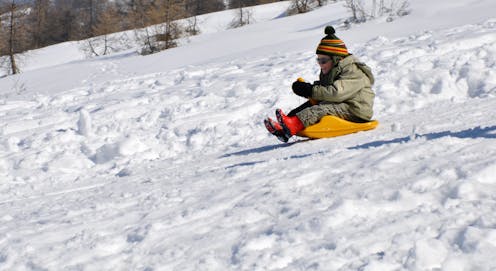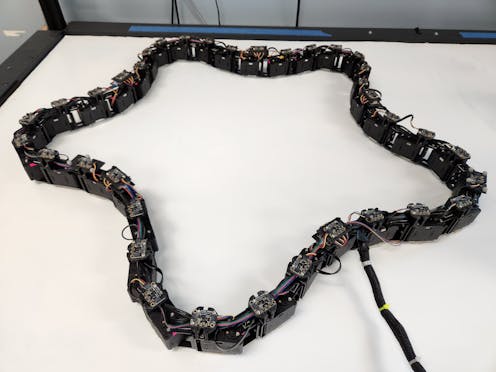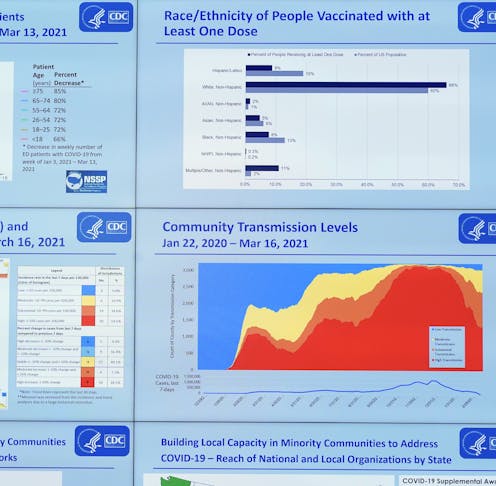Anti-immigrant pastors may be drawing attention – but faith leaders, including some evangelicals, are central to the movement to protect migrant rights
- Written by Brad Christerson, Professor of Sociology, Biola University
 A 2010 protest in Phoenix by faith groups against Arizona's new immigration law.AP Photo/Matt York, File
A 2010 protest in Phoenix by faith groups against Arizona's new immigration law.AP Photo/Matt York, FileA convoy of far-right Christian nationalists calling themselves “God’s Army” have been staging rallies on the southern U.S. border against migrants.
Under the banner “Take Our Border Back,” rally participants are...











